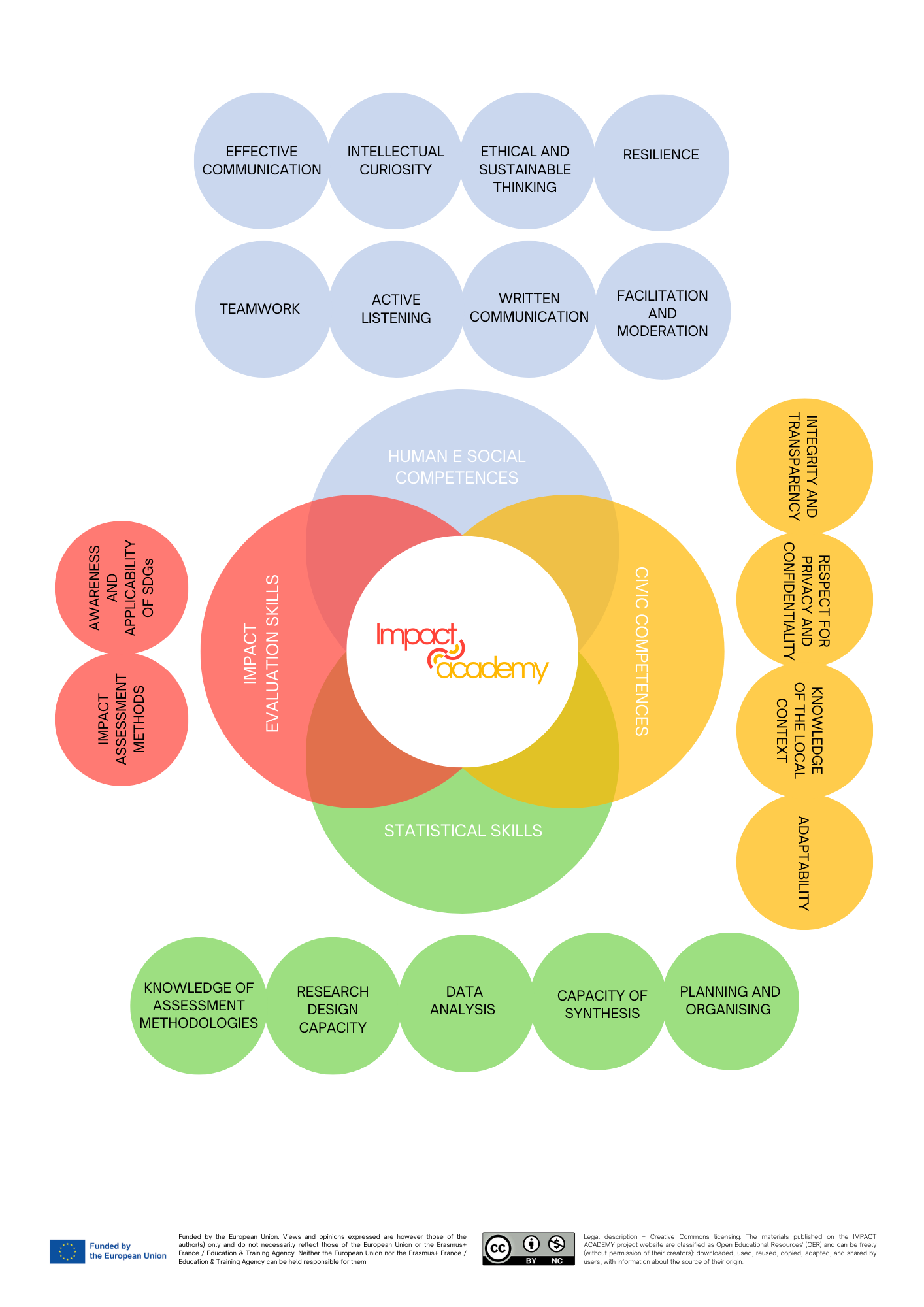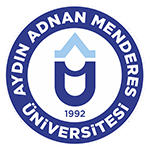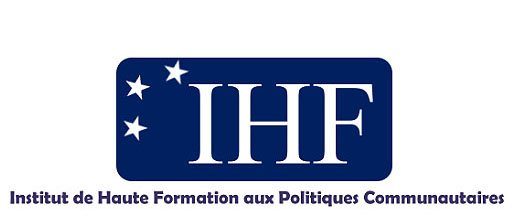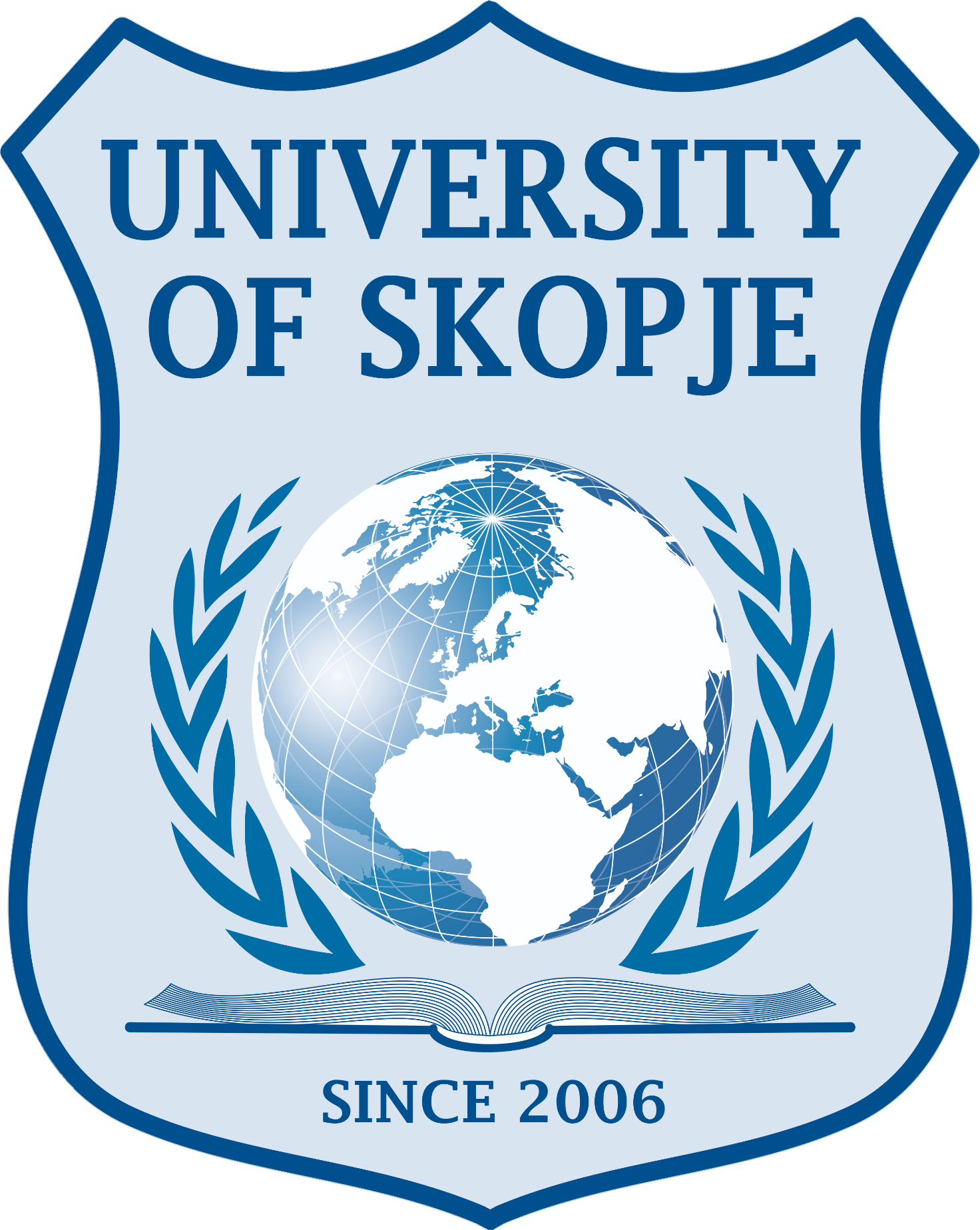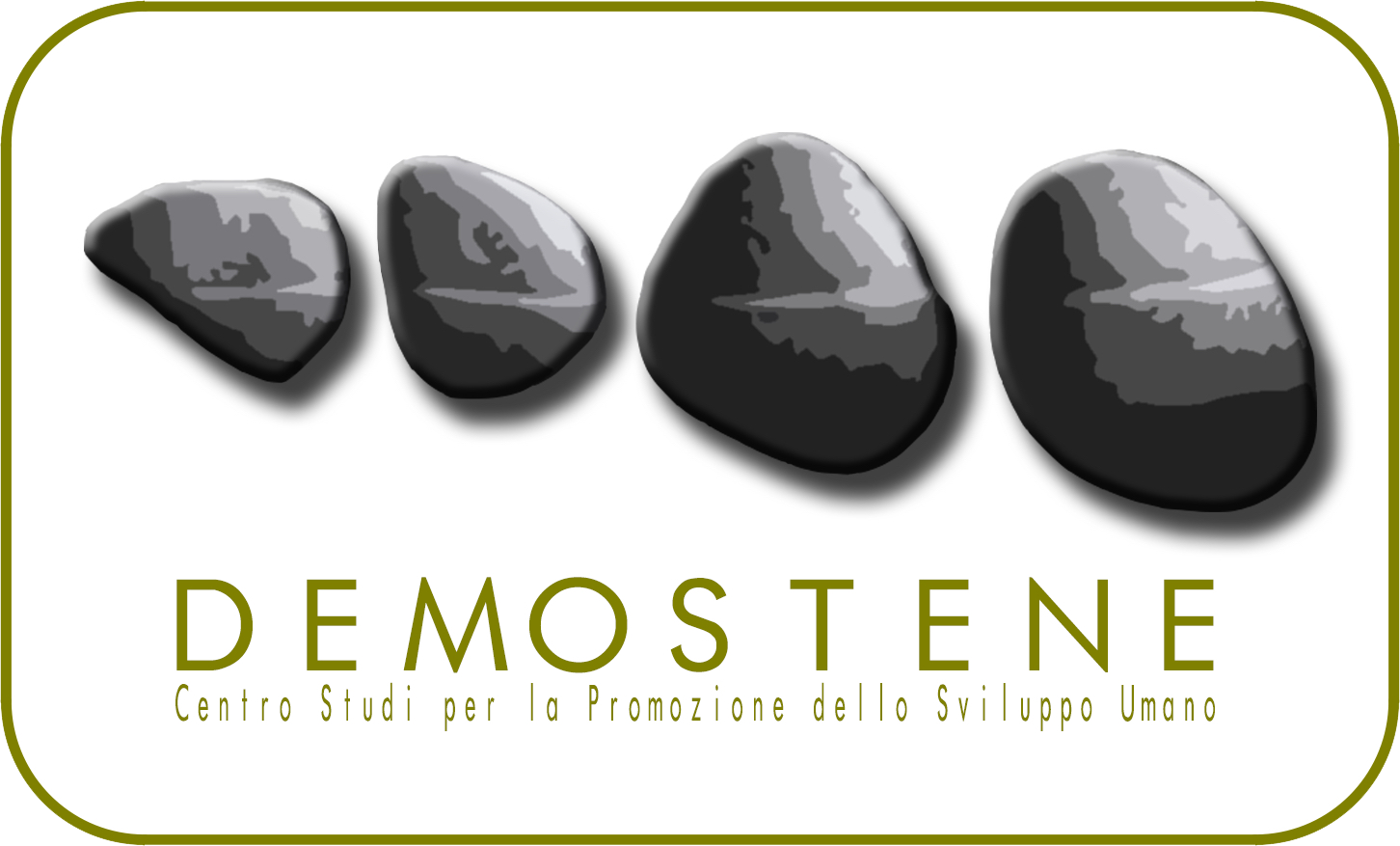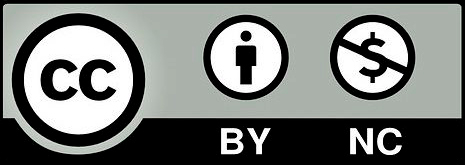Mapping
The project will carry out a Literature analysis taking into account: 1. impact skills taxonomy (Skills Framework); 2. most frequently used methods and techniques for business impact assessment.
The main results of this research analysis, in coherence with the Objectives described above, are:
Result 1: A framework which includes the main approaches and methods found in the literature on impact assessment and a detailed description of how they work ;
Result 2: A skills framework: skill impact. The competences that will form this framework will be the result of the mapping of impact assessment methods and tools (Result 1). Each approach in fact needs specific skills. In addition to these, other more transversal skills (as result of study and research) will be proposed, which may be useful to complete the framework.
For the skills Framework definition, will be promoted an approach based on two methods: *A bottom-up method through a survey A bottom-up method through a comparative survey for students among the partner universities A top-down method through the study of literature, analysis of secondary sources and case studies.
Impact Methods
In recent years, the topic of impact evaluation has been widely analysed and debated, and has become the subject of many in-depth discussions. Conversations, debates and moments of reflection on social impact have increased and spread. Despite this, there is still no agreed standard that prescribes a specific methodology for measuring social impact, leaving organisations free to choose the approach that best suits their needs and operational contexts.
Below we outline the main impact evaluation methods currently used by social enterprises, benefit corporations and other actors seeking to measure the social and environmental impact of their activities. The aim of this section is to provide a general overview of the most commonly used impact evaluation methods.
